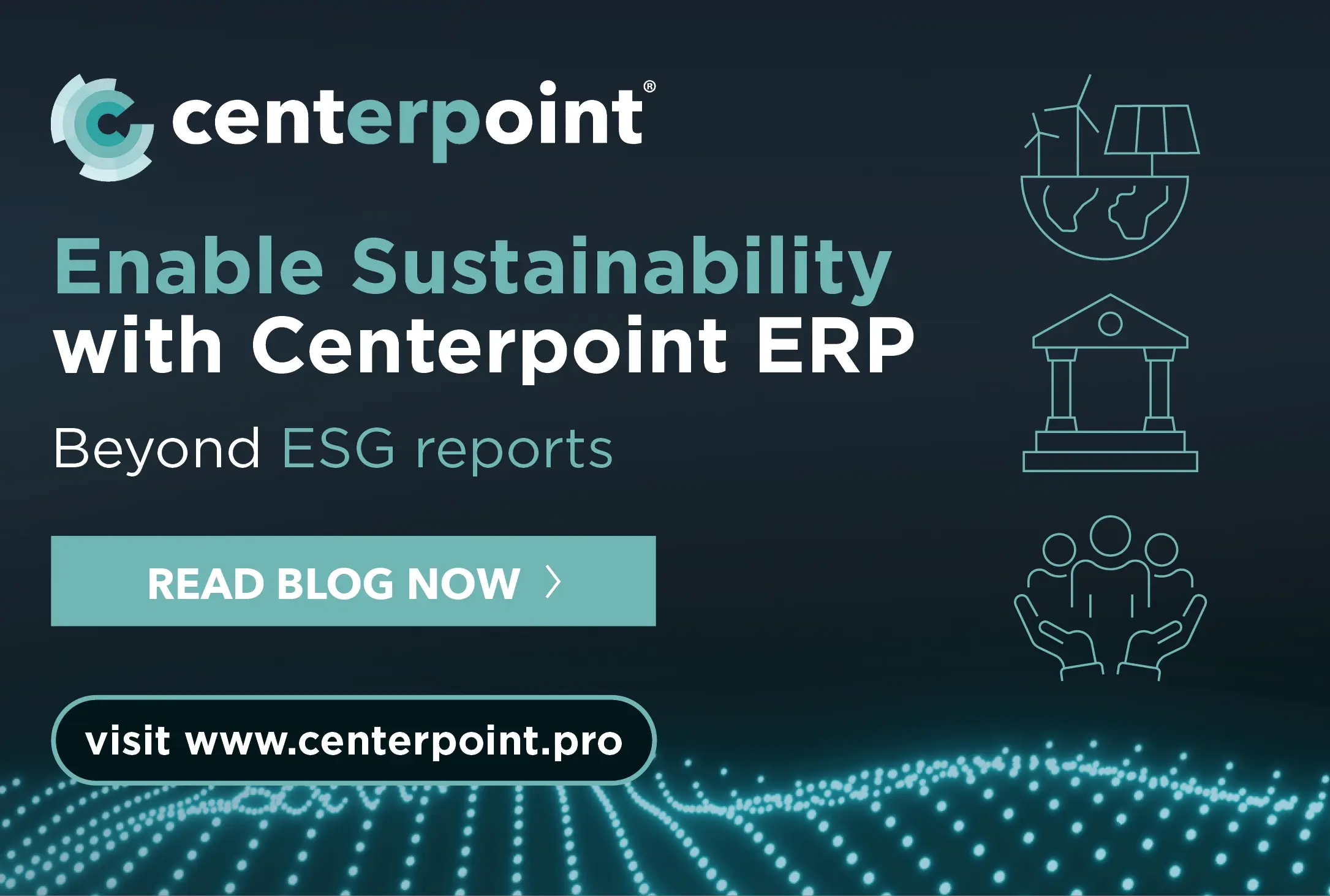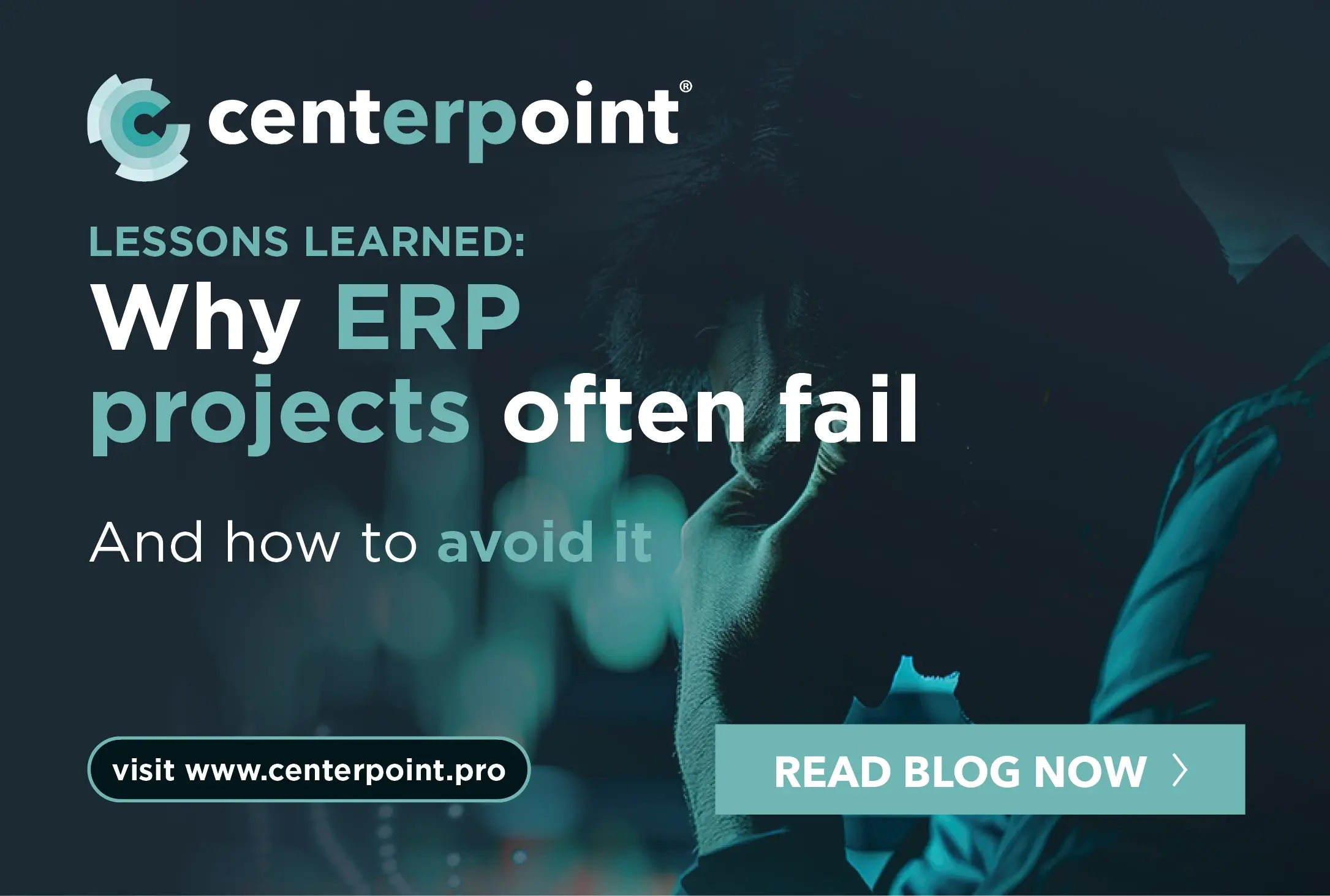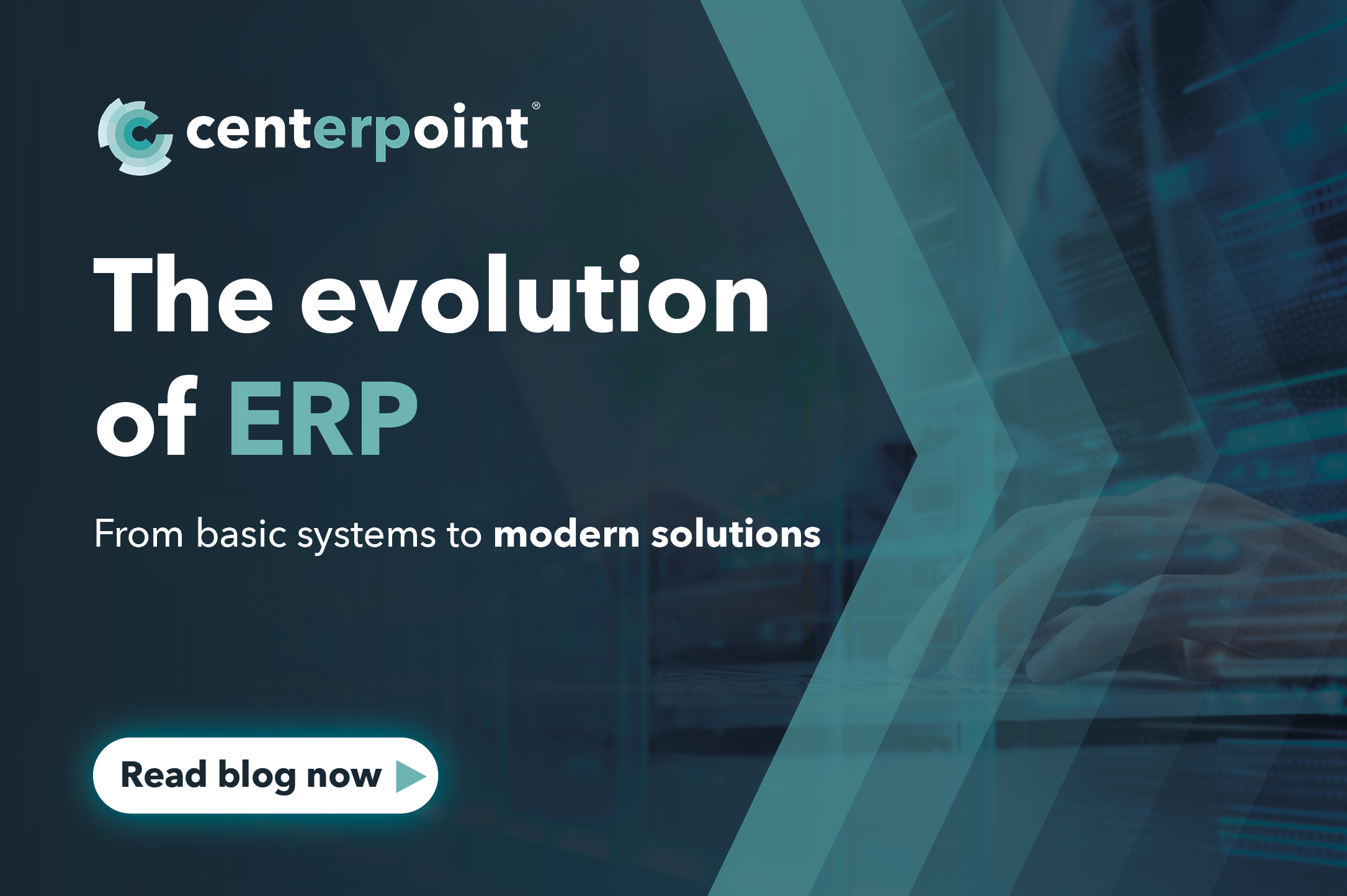Managing assets and equipment is a crucial aspect of any business, and having the right Enterprise Resource Planning (ERP) system can make all the difference. With the right ERP, you can streamline your asset management and maintenance processes, leading to increased efficiency and cost savings.
But with so many ERP solutions and vendors in the market, how do you choose the best one for your business? In this article, we’ll discuss the key factors to consider when selecting an ERP for asset management and maintenance.
Why is an ERP Important for Asset Management and Maintenance?
Before we explore the factors to consider when choosing an ERP, let’s first understand why an ERP is important for asset management and maintenance.
> Centralised Data Management
An ERP system allows you to store all your asset and maintenance data in one centralised location. This eliminates the need for multiple spreadsheets and manual data entry, reducing the risk of errors and improving data accuracy.
With all your data in one place, you can easily track and manage your assets, maintenance schedules, and costs, leading to better decision-making and cost savings.
> Streamlined Processes
An ERP system automates many of the manual processes involved in asset management and maintenance. This includes scheduling maintenance tasks, tracking inventory levels, and generating reports.
By automating these processes, you can save time and resources, allowing your team to focus on more critical tasks.
> Improved Collaboration
With an ERP system, all departments involved in asset management and maintenance can access the same data in real-time. This improves collaboration and communication, leading to better decision-making and increased efficiency.
Factors to Consider When Choosing an ERP for Asset Management and Maintenance
Now that we understand the importance of an ERP for asset management and maintenance, let’s look at the key factors to consider when choosing one for your business.
> Scalability
As your business grows, so will your asset management and maintenance needs. It’s essential to choose an ERP that can scale with your business and accommodate your future needs.
Consider the number of assets, tools and equipment you currently have and how many you expect to have in the future. Choose an ERP that can handle your current needs and has the capability to scale as your business grows.
> Customisation
Every business has unique asset management and maintenance processes, and your ERP should be able to accommodate these processes. Look for an ERP that allows for customisation, so you can tailor it to fit your specific needs.
Customisation options can include adding new fields, creating custom reports and maintenance blueprints, and integrating with other systems. This will ensure that your ERP works seamlessly with your existing processes and workflows.
> Mobile Access
Look for an ERP that offers mobile access, so you can manage your assets and maintenance tasks from anywhere. This is especially important for businesses with field technicians who need to access and update data while on the go. With mobile access, they can easily view and update maintenance schedules, inventory levels, and other important data via a tablet or mobile device.
> User-Friendly Interface
Your ERP should have a user-friendly interface that is easy to navigate and understand. This will ensure that your team can quickly adapt to the new system and use it effectively.
A complicated interface can lead to frustration and resistance from your team, which can hinder the success of your ERP implementation. Look for an ERP with a clean and intuitive interface that requires minimal training.
ERP Maintenance Management Features
When choosing an ERP for asset management and maintenance, it’s essential to consider the maintenance management features it offers. These can include:
· Scheduling and tracking maintenance tasks
· Generating maintenance reports
· Tracking maintenance costs
· Managing inventory levels
· Creating work orders
· Tracking equipment downtime
Choose an ERP that offers the features that are most important for your business and can help you streamline your maintenance processes.
In addition to maintenance management features, your ERP should also have robust asset management capabilities. This can include:
· Tracking asset location and status
· Managing asset lifecycles
· Generating asset reports
· Tracking asset depreciation
· Managing warranties and service contracts
Consider the features that are most important for your business and choose an ERP that can effectively manage your assets.
Maintenance and Asset Tracking
An ERP should allow you to track maintenance and asset data over time. This will provide valuable insights into your maintenance and asset management processes, allowing you to identify areas for improvement and make data-driven decisions.
Look for an ERP that offers customisable dashboards and reporting capabilities, so you can easily track and analyse your data.
Who is Responsible for Choosing an ERP for Asset Management and Maintenance?
Choosing an ERP for asset management and maintenance is a team effort. It’s essential to involve all departments that will be using the system in the decision-making process.
This includes your maintenance team, finance team, and IT team. Each department will have different needs and requirements, and it’s important to consider them all when choosing an ERP.
Conclusion
Choosing the right ERP for asset management and maintenance is crucial for the success of your business. By considering factors such as scalability, customisation, and mobile capabilities, you can select an ERP that will streamline your processes and lead to increased efficiency and cost savings.
With the right ERP in place, you can effectively manage your assets and equipment, leading to improved decision-making and increased profitability.
Learn more about how Centerpoint ERP can optimise your asset management and maintenance by booking a demo.
.png)
.png)


.png)



